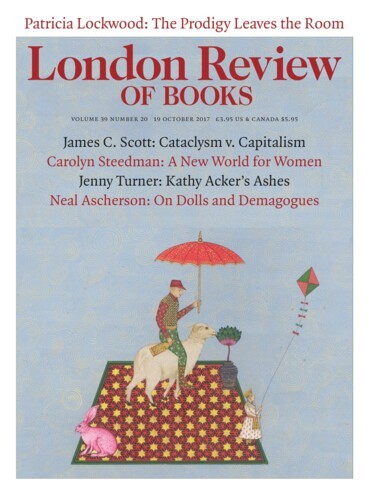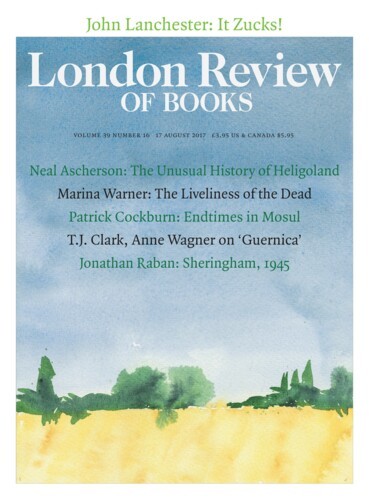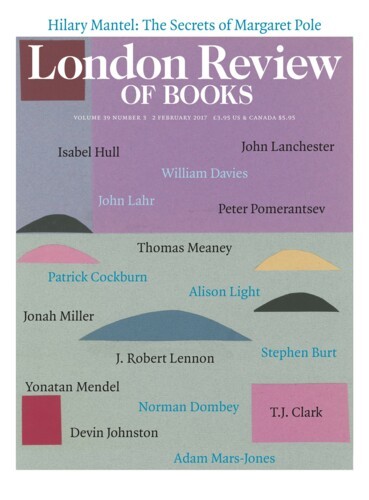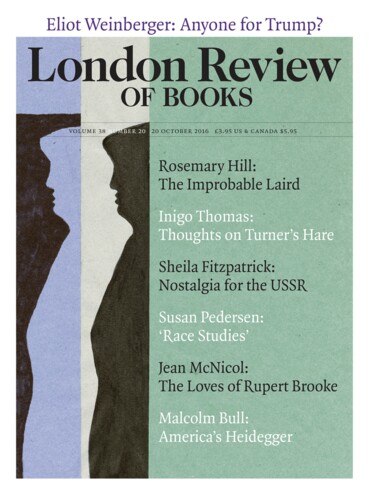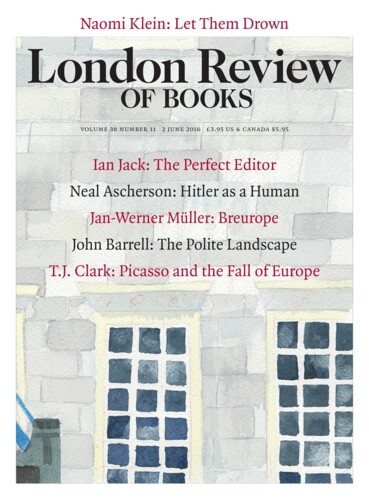Underground in Raqqa
Patrick Cockburn, 19 October 2017
Tactical agility won’t be enough to save the caliphate, which is now being overwhelmed on multiple fronts. Islamic State’s great strength came from the way it combined religious cult and war machine; its weakness was that it saw the whole world as its enemy, which meant that it would always be outnumbered and outgunned. Without allies and dealing only in violence, it led an unlikely alliance of states normally hostile to one another to find common cause against it, and engage in a degree of reluctant co-operation. As IS comes close to losing its power, old rivalries and divisions are beginning to re-emerge – but in a political landscape significantly reshaped by the war with IS.
